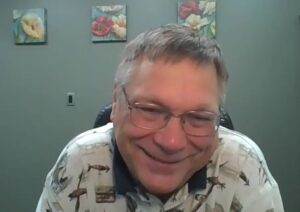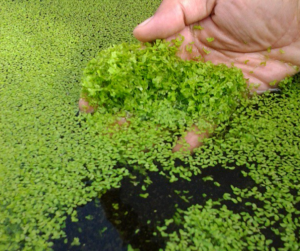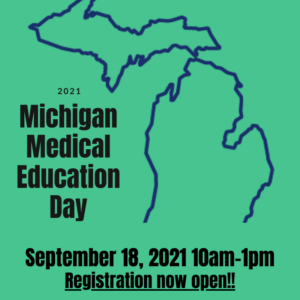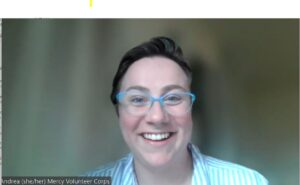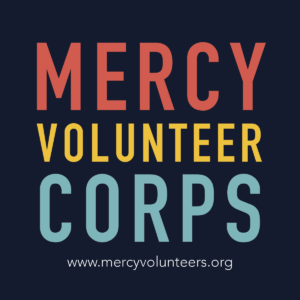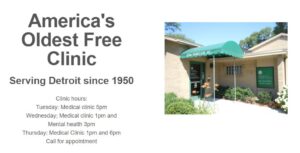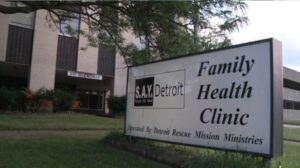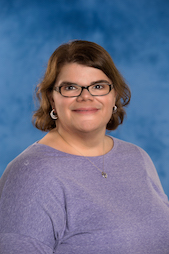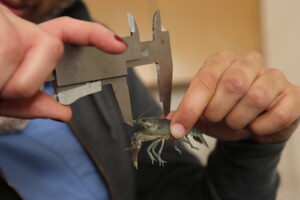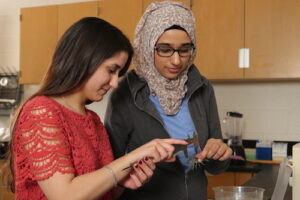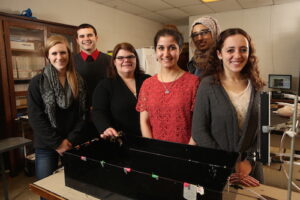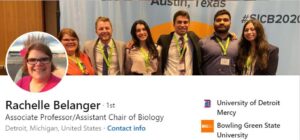There should be no hierarchy in service…You’re along with that person and you have something to learn from that person that you’re helping, and they’re helping you just as much. So I think that was a really key takeaway for me that I really appreciated.
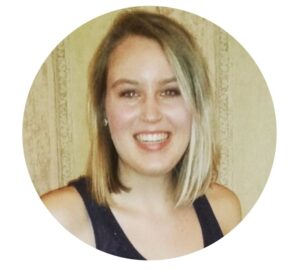
Detroit Mercy Pre-Health Advisor, Carmen Gamlin had the opportunity to interview a recent Alum, Diana McMahon who recalls her time at the University and how that lead her to join the Mercy Volunteer Corp. Here are the highlights from their interview.
1. You were very active as a University of Detroit Mercy undergraduate. What are key activities that you did beyond academics that helped you in your pre-med journey?
One of the first organizations I found on campus was Campus Kitchen…Through that, I really was able to develop leadership skills…I learned about food insecurity and that is an issue that a lot of my future patients will probably face so I think its important to be knowledgeable about that and how we can address that.
Another thing that I did in college was volunteer at Henry Ford Hospital…I started out as a patient ambassador in the transplant units and then I transitioned into helping out the lactation department. With the lactation consultants, I assembled breast feeding kits and made packets for new mothers to learn about breastfeeding and all the benefits as it is so helpful for infants…I think this also helped me learn about cultural competence in medicine.
Probably the biggest highlights I would say of my undergrad career was the ReBuilDetroit Research Program. I was in this all four years and to start college I went through a summer enrichment program through ReBuilDetroit and I got to meet friends and I felt way more comfortable going into college, which I think helped me be more confident in general and then just the research experience itself was so influential. I think the critical thinking skills I came away with were so helpful in looking at my course work and having some contacts. Also, just my mentor, Dr. Finkel, He was just such an advocate for me throughout college.
I was also a RA and this was great. Being RA is a lot of work, but it’ such a great opportunity to get to know people on campus…I felt like I made a family and also learned a lot of life skills. There were definitely some situations that needed sensitive communication and maturity and so I think I definitely developed my interpersonal skills through being an RA.
2. Diana, Do you think your pre-health journey is different because you attended Detroit Mercy which is both a Jesuit and Mercy institution?
I definitely would say so…I’m not Catholic but I really identify with both Jesuit and Mercy values…I didn’t really know anything about Jesuit or Mercy Education before beginning at Detroit Mercy. I really went to Detroit Mercy for the ReBuilDetroit program.
I learned the values that the college has and some of those I found out were the community engagement and involvement.
I think coming away from undergrad I really saw that my values aligned with those and so I wanted to continue that. I think that’s what drew me to the Mercy Volunteer Corp is being able to continue learning about those values.
3. Please share what Mercy Volunteer Corps is and what you have gotten out of it.
It’s an organization through the Sisters of Mercy and it tends to be a gap year for people but people of all ages can totally do it.
Through this year of service you are placed at a placement site…at these placement sites there’s a house there of all other volunteers through MVC and you either are placed in an educational setting, a social service or healthcare depending on your interest.
For me, it was really important that I did something in healthcare related and got some more public health and community health knowledge before starting medical school…I think it can be really helpful and useful and transformative for a lot of people.
4. What is the support like to be in Mercy Volunteer Corps?
This year I have felt so supported in my house in Savannah. I live with two other women who are also Mercy Volunteers…Outside of my home, at my worksite at the clinic, I work with an awesome team of women. It’s all women providers and nurses at the clinic and they have really supported me in my personal life [and professional life].
[As for Financial Support] MVC provides you with a stipend. The stipend is broken up into food, gas ans then personal stipend…The food and gas budgets for each person is [about] $125 per month…The personal stipend is $100 per month.
As for my living situation, MVC provides a house in each city for volunteers to share. So I live in a house and I have my own bedroom, both my roommates have their own room…We have two cars for the three of us to share.
5. Is there anything else that you wish you would have known as an undergrad?
I think a big thing for me when I look back is that starting undergrad, I thought everything needed to be perfectly fit into the box of healthcare; all of my activities and all of my work needed to be aligned with that…You want obviously healthcare experience, but you should definitely pursue other interest and try to make yourself more well rounded.
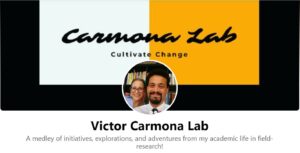

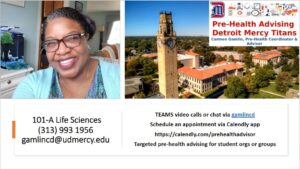
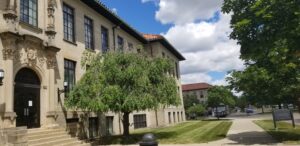
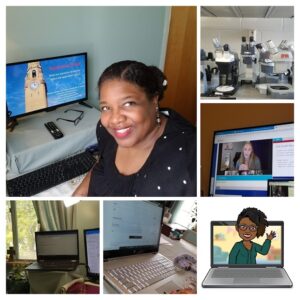
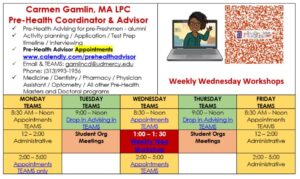
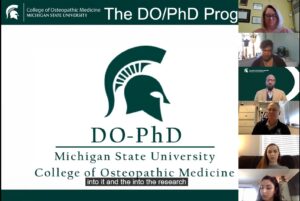
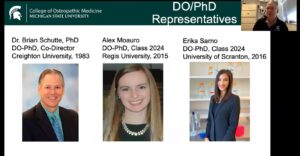
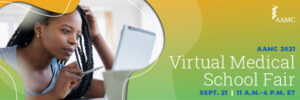
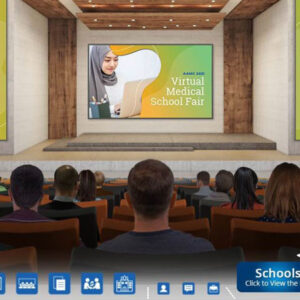
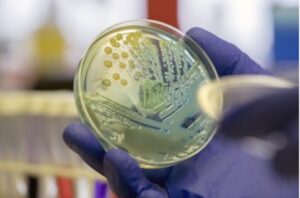
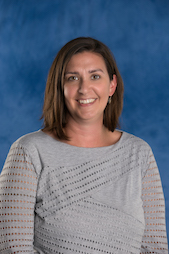
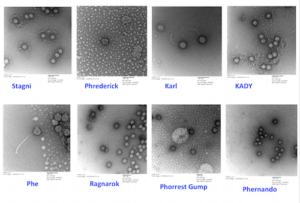
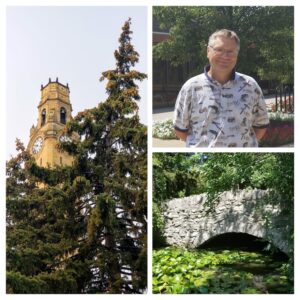
 For example, I talk about a phenomenon known as predictive value, which is how reliable is a diagnostic test. Now that’s not the same thing as sensitivity…You’re asking about the reliability for individual that determines how you present data results to your patients. Do you tell them that if they have a positive test that they’re really sick. Or do you tell them that we have to follow up…To do that with both earnestness and sophistication, (you) have to understand statistics behind the analysis, so that’s why we do Biostatistics.
For example, I talk about a phenomenon known as predictive value, which is how reliable is a diagnostic test. Now that’s not the same thing as sensitivity…You’re asking about the reliability for individual that determines how you present data results to your patients. Do you tell them that if they have a positive test that they’re really sick. Or do you tell them that we have to follow up…To do that with both earnestness and sophistication, (you) have to understand statistics behind the analysis, so that’s why we do Biostatistics.